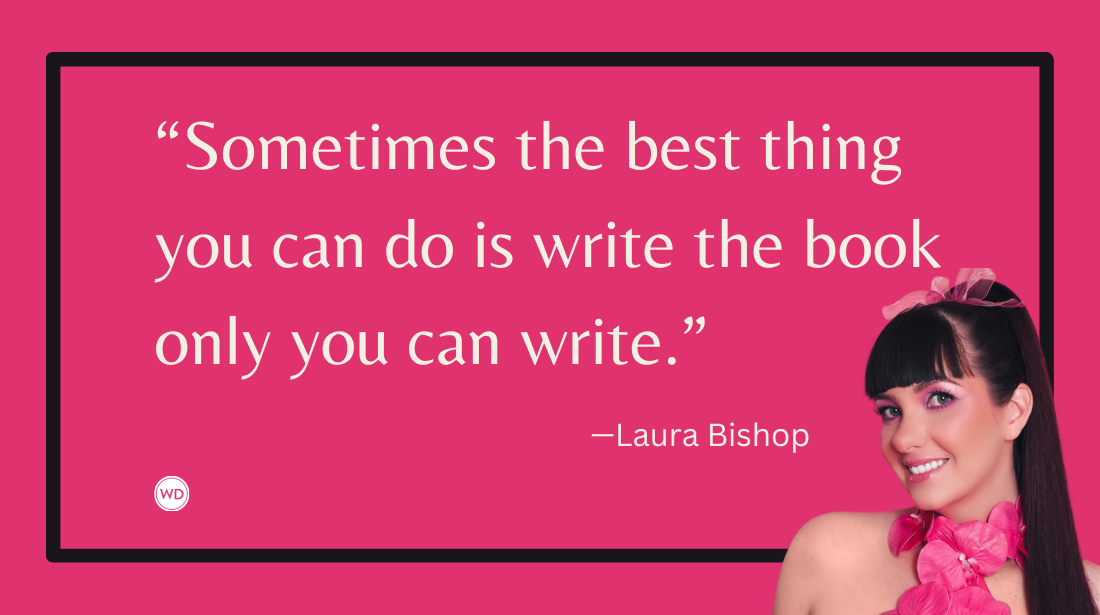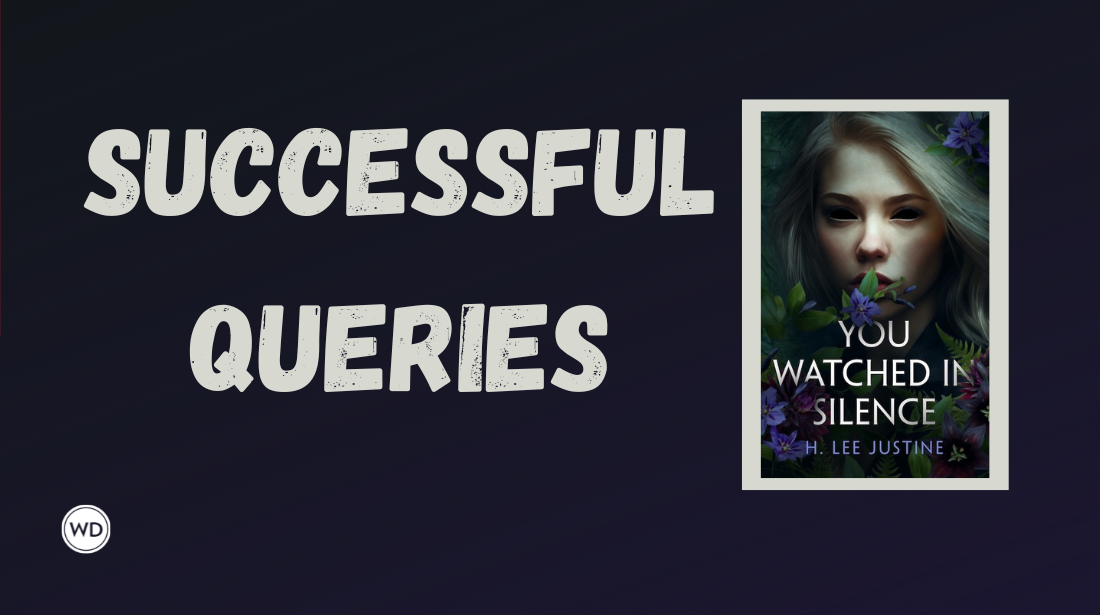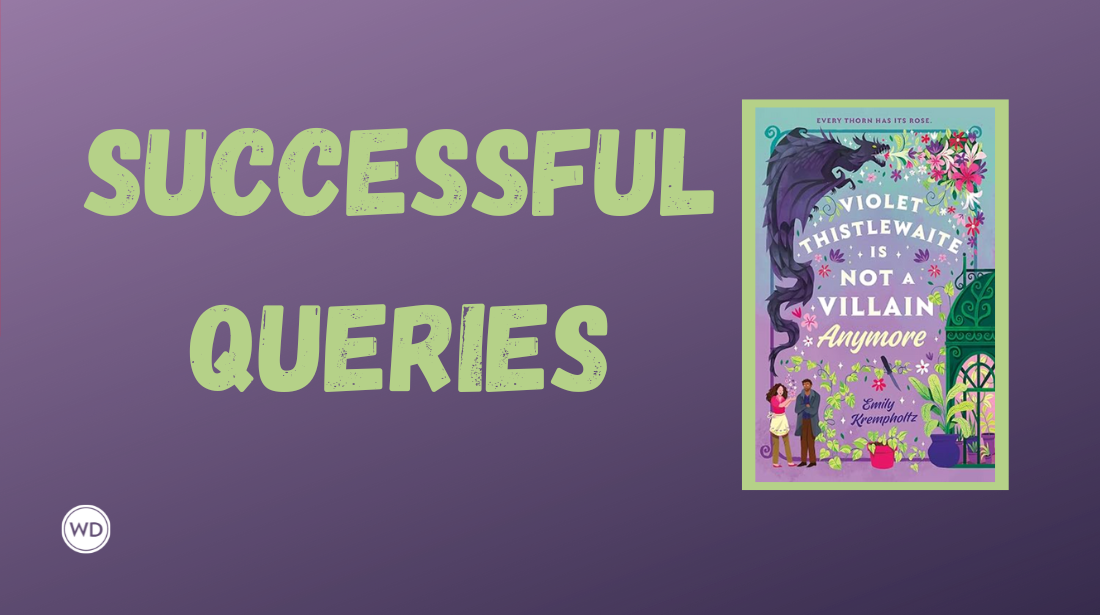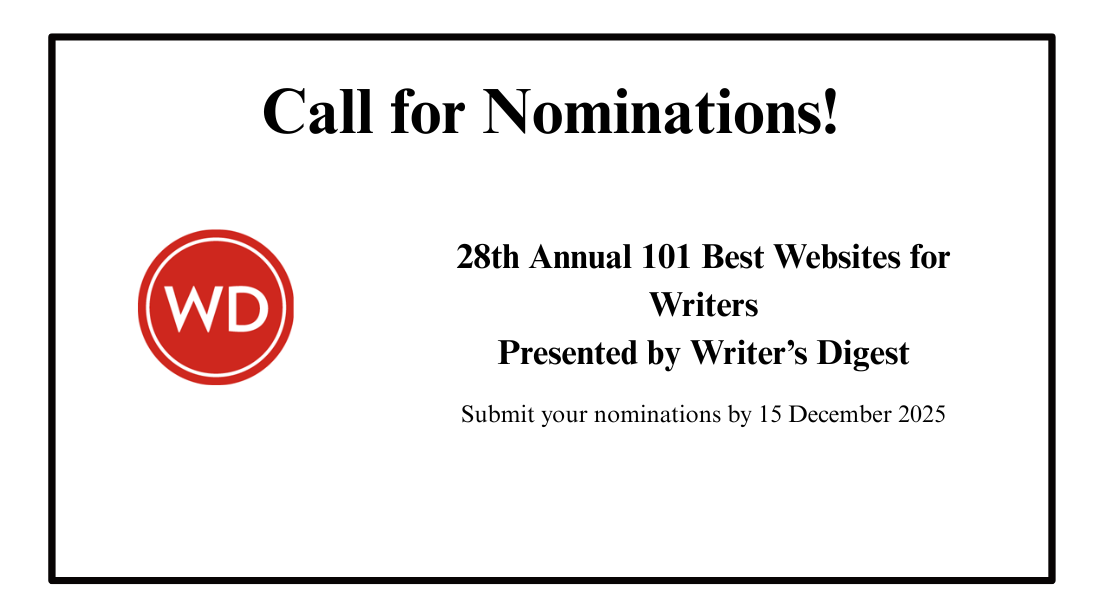The Age-Old Battle Between Author & Publisher
To write what is worth publishing, to find honest people to publish it, and get sensible people to read it, are the three great difficulties in being an author. —Charles…
To write what is worth publishing, to find honest people to publish it, and get sensible people to read it, are the three great difficulties in being an author.
—Charles Caleb Colton
Almost anyone can be an author; the business is to collect money and fame from this state of being.
—A. A. Milne
Publishing is no longer simply a matter of picking worthy manuscripts and putting them on offer. It is now as important to market books properly, to work with the bookstore chains to get terms, co-op advertising, and the like. The difficulty is that publishers who can market are most often not the publishers with worthy lists.
—Olivia Goldsmith
One of the signs of Napoleon's greatness is the fact that he once had a publisher shot.
—Siegfried Unseld
Publishers are all cohorts of the devil; there must be a special hell for them somewhere.
—Goethe
As difficult as it is for a writer to find a publisher - admittedly a daunting task - it is twice as difficult for a publisher to sort through the chaff, select the wheat, and profitably publish a worthy list.
—Olivia Goldsmith
One should fight like the devil the temptation to think well of editors. They are all, without exception - at least some of the time, incompetent or crazy.
—John Gardner
If you've been following industry chatter, you may have seen some conversations lately about whether authors need publishers (or vice versa). Plus there's now a Twitter tag for the discussion, #publishersmatter
To catch up, you can read these 3 pieces:
Do Authors Still Need Publishers?
by Mark Coker of Smashwords (e-publishing service)
What Do Authors Need?
by Kate Eltham at Queensland Writers Centre (Australia)
Do Publishers Still Need Authors?
by Guy Gonzalez, my colleague and audience development director for Digital Book World (My views align closely with Guy's.)
Aspiring writers and authors can be extremely mistrustful and suspicious of publishers— creating a group only too eager to join the revolution where writers/authors have power and publishers become obsolete.
Those who can never get inside the pearly publishing gates feel marginalized and like they never got the attention they deserve, while those who do break in feel exactly the same way. As Daniel Menaker has said:
Many of the most important decisions made in publishing are made outside the author's and agent's specific knowledge. … [Publishing] silently colludes in trying to ignore the obvious … that the first printing of your book will be three thousand copies, that it will not have full-color galleys, that no advertising or tour is planned, and that it has been assigned to a publicist who up until yesterday worked in the Xerox department. Why the collusion? Because this is a business fueled largely by writers' need for attention, and no one wants to crush any writer's dreams before a book is even published. Especially since every now and then they actually come true.
Today, many authors are left out to sea as soon as the book hits store shelves, a critical moment in the life of many books. By the time the author realizes what's happening, the window of opportunity has vanished—that moment when you can ensure stores/retailers see the book as a quality and profitable item, leading to a good model (number of copies per store).
Other authors get turned out by their publishers when their books don't sell, even if they could've been a quality midlist author with more time and investment. (Most publishers don't have the luxury of waiting.)
Obviously neither of these phenomenon help the author OR the publisher.
I wonder if successful publishers of the future will attract quality authors mostly by …
- the deep reach of their distribution (especially if to a particular audience)
- their editorial/curation prowess and stable of quality authors
- the support and service they provide authors
Publishers have done a poor job, at best, in the support and service role.
How many publishers actively support their authors when it comes to teaching them online marketing and promotion practices? How many will analyze their authors' efforts at platform and branding? How many will give them the education, tools, or resources they need to be true partners with the publisher? How many will—at the very least—provide clarity on what the publisher will and will not do for the author, or explicitly convey their own strengths and weaknesses, so the author goes in eyes wide open?
While publishers of the future need to distinguish themselves by the quality of their partnerships, the quality of their audience reach (community), and the quality of their curation, I bet there will be publishers who become known for support and service, and attract quality authors like bees to honey—and be more successful because of it.
What do you say?
Jane Friedman is a full-time entrepreneur (since 2014) and has 20 years of experience in the publishing industry. She is the co-founder of The Hot Sheet, the essential publishing industry newsletter for authors, and is the former publisher of Writer’s Digest. In addition to being a columnist with Publishers Weekly and a professor with The Great Courses, Jane maintains an award-winning blog for writers at JaneFriedman.com. Jane’s newest book is The Business of Being a Writer (University of Chicago Press, 2018).









